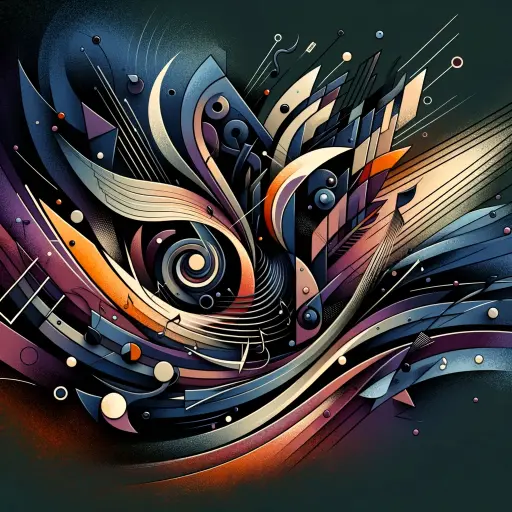
New Orleans Jazz Concerts
New Orleans Jazz, also known as Dixieland Jazz, is a genre of music that originated in the early 20th century in New Orleans, Louisiana. It is considered one of the earliest forms of jazz and played a crucial role in shaping the development of American popular music.
The origins of New Orleans Jazz can be traced back to the diverse cultural influences present in the city during that time. The African-American community brought their rhythmic and improvisational musical traditions from West Africa, while European immigrants contributed with their brass band instrumentation and structured arrangements. These elements blended together to create a unique sound that became synonymous with New Orleans.
Key characteristics of New Orleans Jazz include collective improvisation, polyphonic texture, and syncopated rhythms. Unlike later jazz styles which focused on individual solos, New Orleans Jazz emphasized group interaction and spontaneous creativity. Bands typically consisted of a front line comprising cornet or trumpet, clarinet, and trombone, supported by a rhythm section consisting of piano, banjo or guitar, bass or tuba, and drums.
Over time, New Orleans Jazz evolved as it spread beyond its birthplace. In the 1910s and 1920s, many musicians from New Orleans migrated to cities like Chicago and New York City. This led to further experimentation and fusion with other genres such as blues and ragtime. The Chicago style emerged as a more urbanized version of New Orleans Jazz, featuring larger ensembles with more emphasis on soloists.
Significant artists associated with New Orleans Jazz include Louis Armstrong (often referred to as the father of jazz), Jelly Roll Morton (credited with writing some of the first jazz compositions), Sidney Bechet (renowned for his virtuosic clarinet playing), King Oliver (known for his innovative use of mutes on trumpet), and Kid Ory (a prominent trombonist). Their recordings during the 1920s helped popularize this genre across the United States and beyond.
Listen
Concert Schedule
| Concert Date | Artist | Venue | City |
|---|





